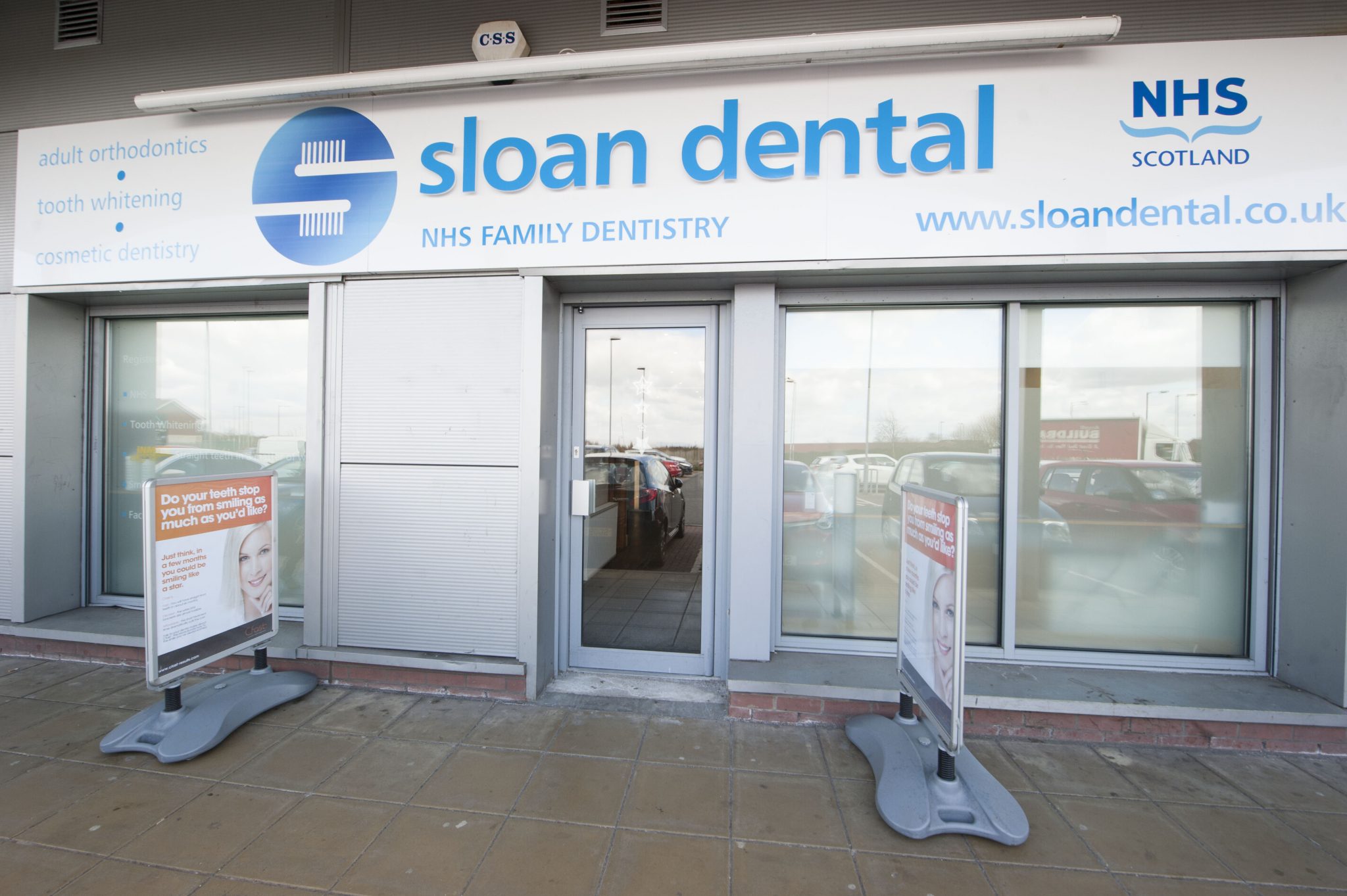Your teeth can last a lifetime with the right care, but small habits can cause considerable damage to your teeth. These habits can cause the enamel to wear away or add additional stress to the biting edge of your teeth. While doing these things occasionally might not be a disaster, there is the risk that these bad habits could add up to more significant damage.
If you suspect you are guilty of these bad habits, your first step should be to visit the dentist to assess the damage. Then, it’s time to think about how you can kick your bad habits for good. In most cases, increased awareness of how these habits could damage your teeth is enough to help many people stop for good.
Biting your nails
At the top of our list is biting your nails. It might seem like a simple way to get rid of an annoying nail while you’re on the go. Or perhaps your nail-biting habit is simply a nervous habit. But it is also causing considerable damage to your teeth.
If you bite your nails, you might notice small chips appearing on the edges of your teeth which can leave the underlying tooth structure exposed to bacteria. This is due to the stress of the pressure your teeth are under when they bite through the nail. Try cutting your nails short so that you won’t be tempted to nibble.
Using your teeth as tools
If you use your teeth to open bags, tear sellotape and remove drinks caps, you could risk chipping the edges of your teeth. Your teeth should not be used to bite anything other than food. When you use your teeth as a multi-tool, you run the risk of cracking your teeth, hurting your jaw, or accidentally swallowing something. Take a few extra moments to find a pair of scissors or another appropriate tool and give your teeth a break.
If you notice you have small chips in your teeth, veneers or composite bonding may be able to help restore the shape and protect the underlying structure.
Grinding your teeth
While this might not be a habit you can very easily control, it’s important to look out for the signs that you are grinding your teeth at night. If you wake up with a sore jaw and tension headaches, this could be a sign that you are grinding your teeth at night. This can put pressure on your jaw and damage your teeth over time.
Visit a dentist to confirm if you are grinding your teeth, or if your pain is caused by something else. You may need to wear a gum guard at night time to protect your teeth.
Chewing ice
Some people love chewing ice without thinking about the impact it can have on their teeth. Since enamel is a crystal and ice is also a crystal, when they are forced together, one or the other will break. More often it is the ice that is broken but don’t be shocked if your teeth are ever chipped by the ice. You could also lose fillings or damage dental restorations.
To kick this habit, ask for your drinks without ice, or use a straw so you aren’t tempted to have a little crunch.
Brushing too hard
Brushing your teeth firmly might make it feel like you are getting a more thorough clean, but this isn’t the case. Brushing too hard or using a brush that is too firm can actually damage your teeth rather than offering extra protection.
Brushing too hard can inflame your gums and also risks damaging your enamel. Your toothbrush should be firm, but not hard, and you shouldn’t need to press very hard against your teeth to get an effective clean.
Snacking between meals
Grazing throughout the day can cause considerable damage to your teeth. When you eat food, the bacteria in your mouth break down the sugar into acids. These can attack your teeth if they are not brushed or rinsed away. By snacking throughout the day, you are increasing your exposure to acidic conditions. This can damage your enamel and lead to cavities that require fillings.
Eat balanced meals at every mealtime and try adding protein to every meal to help you to feel full for longer. If you have a little snack between meals, try chewing a piece of sugar-free chewing gum to remove any traces of food from your mouth and freshen your breath.
Drinking fizzy drinks
Like snacking between meals, opting for sugary or fizzy drinks can also be bad for your teeth. Even sugar-free versions of your favourite fizzy drinks are also very acidic, which increase your exposure to enamel-destroying acids. Sugar-free drinks can also increase your cravings for sweet things, which could lead to further damage. To avoid this, try switching to water throughout the day and save fizzy drinks for an occasional treat.



